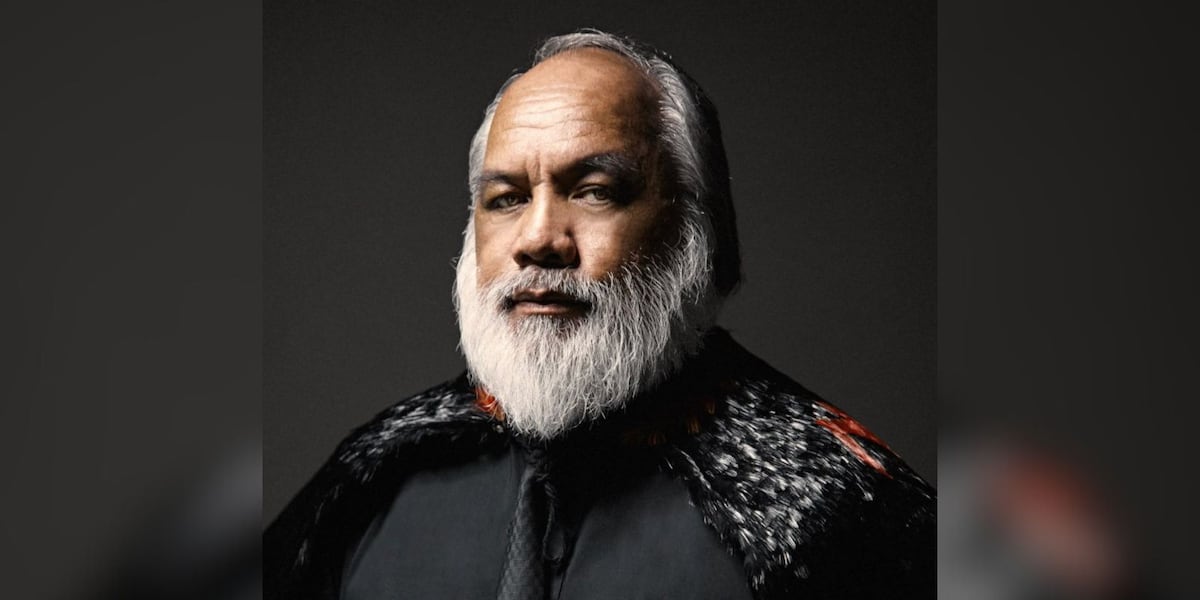Detectives waited ten days from when she was last heard from to interview the family of missing Hannah Kobayashi, her worried family has revealed.
The 30-year-old aspiring photographer disappeared from the streets of downtown Los Angeles after missing a connecting flight from her native Maui in Hawaii en-route to New York City.
It remains unclear why she left LA’s LAX airport and ventured out into the city 15 miles away but she sent a text to a friend saying she had had a ‘spiritual awakening’, and was later seen in the company of a mystery man.
On Thursday, frantic friends and family gathered in downtown LA, a block from where she was last seen, to spread the message and encourage the public to report any sightings and information they may have.
‘As of today the police have reached out to family members who last spoke with Hannah,’ her aunt Larie Pidgeon told DailyMail.com on Thursday.
‘We want them to take it a bit more seriously.
‘We think they realize we’re not going away and we’re going to be really loud. We’re going to do something until they do something.
‘I think now they are beginning the process of what we began six days ago.
Hannah Kobayashi, 30, disappeared from the streets of downtown Los Angeles after missing a connecting flight from her native Maui in Hawaii en route to New York City

On Thursday, frantic friends and family, including her devastated dad Ryan Kobayashi (pictured) gathered in downtown LA, a block from where she was last seen, to spread the message and encourage the public to report any sightings and information they may have

Hannah had been flying to meet another aunt in New York when she missed her connecting flight in Los Angeles
‘The entire world is looking for you (Hannah) because that’s how special you are.
‘We are not going to stop until we find you. We love you.’
Hannah’s father, Ryan Kobayashi, was handing out missing person flyers to passers-by and told DailyMail.com: ‘We will do everything we can until we have found her. We just need to get the word out there about her.
‘She’s a wonderful person who brings joy to so many people.’
The trip began in Maui on November 8 which she described in a hand-written itinerary as a ‘bucket list dreams become reality.’
Hannah had been flying to meet another aunt in New York when she missed her connecting flight in LA.
Family members and a friend received a series of cryptic texts from Hannah’s phone, causing them to fear she may have been abducted or trafficked.
Another aunt, Geordan Montalvo and her husband Bob, both 51, were scheduled to see Hannah when she arrived in New York.
‘She’s really amazing,’ he tells DailyMail.com of Hannah. ‘She’s got a great spirit. She’s artistic and loving.’
The trio were scheduled to attend a DJ Scott Hansen – aka Tycho – concert at Brooklyn Steel in Brooklyn on November 12.
They had planned the trip with a former boyfriend who was on the flight from Maui with her, says her mother Brandi Yee, although the former couple would not be together in New York after landing at JFK airport.

Bob Montalvo and Geordan Montalvo, the uncle and aunt of Hannah Kobayashi , who has been missing for 11 days gathers with the rest of the family in downtown Los Angeles to speak to the media and pass out flyers to raise awareness for their missing loved one

Hannah’s father, Ryan Kobayashi, was handing out missing person flyers to passers-by and told DailyMail.com: ‘We will do everything we can until we have found her. We just need to get the word out there about her’

It remains unclear why the 30-year-old aspiring photographer left LAX airport and ventured out into the city 15 miles away
She said the ex-boyfriend, who had continued on to New York, is being helpful with the hunt for Hannah.
Hannah was spotted out in Los Angeles on November 9 at the Tashen bookstore located at The Grove shopping center.
Her sister Sydni Kobayashi has previously stated that Hannah sent a Venmo payment to two people whose names the family does not recognize. A photo of the event also appeared to have been posted on her Instagram account.
That day, family and friends received ‘weird’ texts from Kobayashi, but they did not hear from her again.
However, a day later on November 11, surveillance video around a downtown Los Angeles Metro train station near the Crypto.com arena showed her with an unknown person. Her family said she “does not appear to be in good condition” in the footage.
‘She didn’t look her normal self,’ Pigeon told DailyMail.com ‘She was with someone but we don’t know it was at this point. She didn’t look like she was safe.’
On November 11, Hannah sent a string of strange texts to a friend.

The missing Maui native vanished during a layover in Los Angeles while traveling from her home in Hawaii to New York and was spotted getting off her flight at LAX

A series of texts have led the family to believe Kobayashi was not alone when she disappeared. They say diction in the texts indicates they were written by someone else
She wrote ‘Deep Hackers wiped my identity, stole all of my funds, & have had me on a mind f*** since Friday.’
Another text said ‘I got tricked pretty much into giving away all my funds, followed by one saying, ‘For someone I thought I loved.’
Pidgeon added: ‘We’re not sure if Hannah actually wrote the texts or if someone else did.’

/cloudfront-us-east-1.images.arcpublishing.com/gray/DQFEOMXV3BBCLBSFRMKMZ6OYBI.PNG)



























/cdn.vox-cdn.com/uploads/chorus_asset/file/25739950/247386_Elon_Musk_Open_AI_CVirginia.jpg)
